Today, environmental groups together with Patagonia, the City of Ojai, and the County of Ventura filed their opening arguments in a federal lawsuit challenging a controversial logging plan for Pine Mountain in Los Padres National Forest.
The move marks the opening salvo in a legal challenge filed in April 2022 against two federal agencies – the U.S. Forest Service and the U.S. Fish & Wildlife Service – for their role in approving the removal of trees and native chaparral across 775 acres of a unique ridgeline that harbors rare plants and animals and is important to local Chumash tribes.
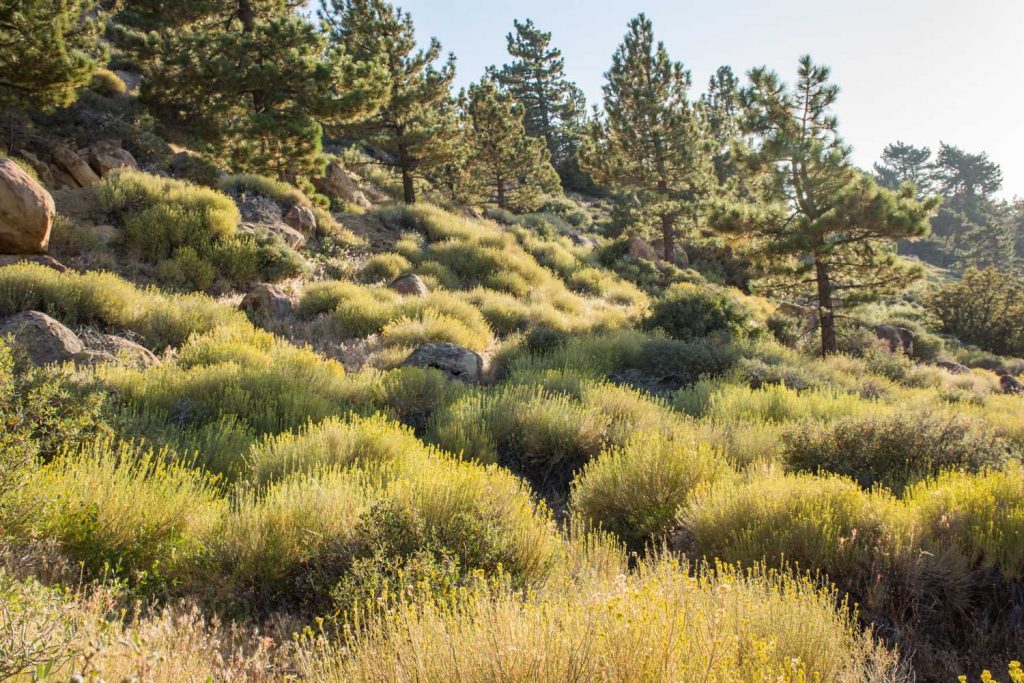
In a 56-page legal filing, the groups argue that the U.S. Forest Service illegally approved the logging plan by using a loophole to evade preparation of an environmental impact statement. The loophole – called a “categorical exclusion” – can only be invoked under a narrow set of circumstances, and only after the Forest Service takes certain steps and makes specific findings, none of which occurred during the agency’s approval of the project.
The groups also argue that the Forest Service failed to use the best available science; failed to use a collaborative process to incorporate input from independent scientists, environmental groups, tribes, and other stakeholders; and failed to meet other criteria to qualify for the loophole.
The project would cause damage to sites on ‘Opnow (the Chumash name for Pine Mountain) that are spiritually and culturally important to Native American tribes and indigenous leaders. Maura Sullivan, a member of the Coastal Band of the Chumash Nation, submitted a declaration to the court stating that ‘Opnow “has long been venerated as a sacred place among Chumash people, long before the Forest Service managed the area. It is a place of active food and medicine gathering, and ceremony and prayer is done all over the mountain.”
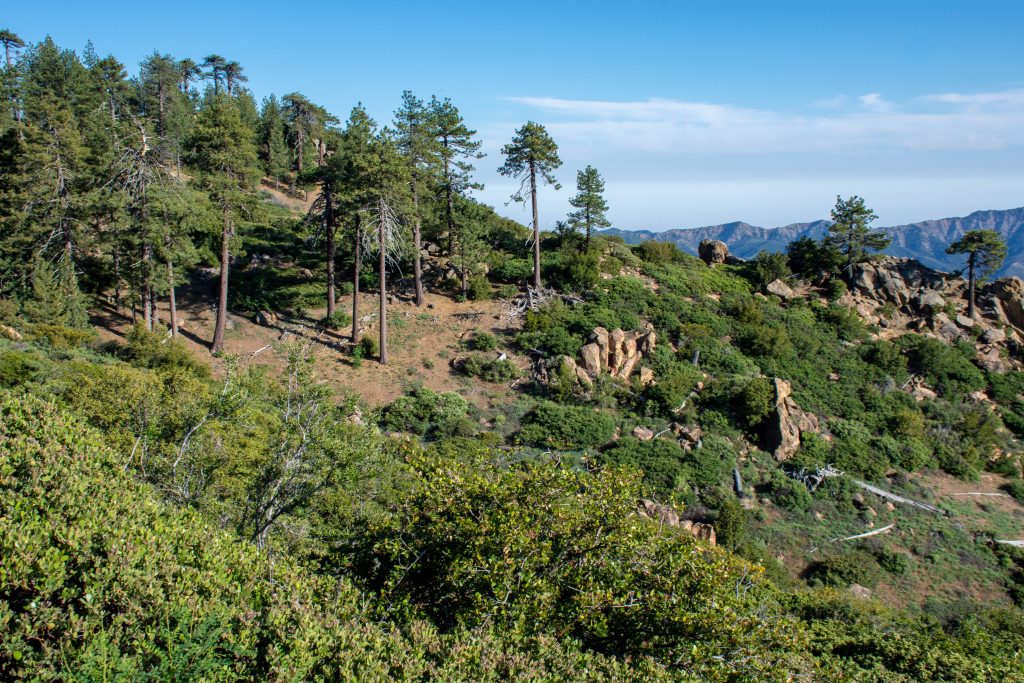
“When I visit the Project area I practice Native American religious ceremonies, teach Native youth and elders about traditional plant medicines, observe cosmological holidays and seasonal changes. I also document Native plants with photographs and video to create language resources and materials for Native language sustainability programs. I routinely gather traditional plant medicines as well as use various areas for special songs and prayers. The destruction of this area will greatly impact and directly interfere with those Chumash traditions,” Ms. Sullivan stated in her declaration.
Several other tribal organizations expressed similar concerns to the Forest Service – including the Ventureño Barbareño Band of Mission Indians, the Barbareno Band of Chumash Indians, the Santa Ynez Band of Mission Indians, the Wishtoyo Chumash Foundation, and eleven professional independent archaeologists and ethnohistorians – but the Forest Service ultimately approved the project anyway.
In addition to violations of the National Environmental Policy Act, the groups argue that the U.S. Forest Service violated:
- the Endangered Species Act by proposing to cut down trees used by endangered California condors for roosting overnight during long flights across the landscape
- the Roadless Area Conservation Rule, by logging large trees in the Sespe Frazier Inventoried Roadless Area and areas that Congress is considering for addition to the Sespe Wilderness; and
- the Healthy Forests Restoration Act, for failing to provide annual updates to Congress on how many times the agency has invoked the loophole.
The logging plan is one of the most controversial decisions ever issued in Los Padres National Forest. Approximately 16,000 people submitted comments to the plan, more than 99% of which were opposed to the project. Several local elected officials voiced objections over the plan, along with a state wildlife agency and several independent biologists and forest ecologists. The cities of Ojai and Ventura, and the county of Ventura, all voted to formally oppose the Forest Service’s plan.
Plaintiffs in the case include Los Padres ForestWatch, Keep Sespe Wild Committee, John Muir Project of Earth Island Institute, American Alpine Club, Center for Biological Diversity, Patagonia Works, and California Chaparral Institute along with the City of Ojai and the County of Ventura. The groups are represented by the Environmental Defense Center and the Center for Biological Diversity. The city and county are represented by their own attorneys.
The federal government’s response to the court is due on April 14. A hearing in the case is scheduled for June 26, with a ruling in the case to follow.
For more information about the logging project, a list of frequently asked questions, ways to donate to the legal fund, and a list of partners, allies, and elected officials who are calling for the protection of Pine Mountain, visit protectpinemountain.org
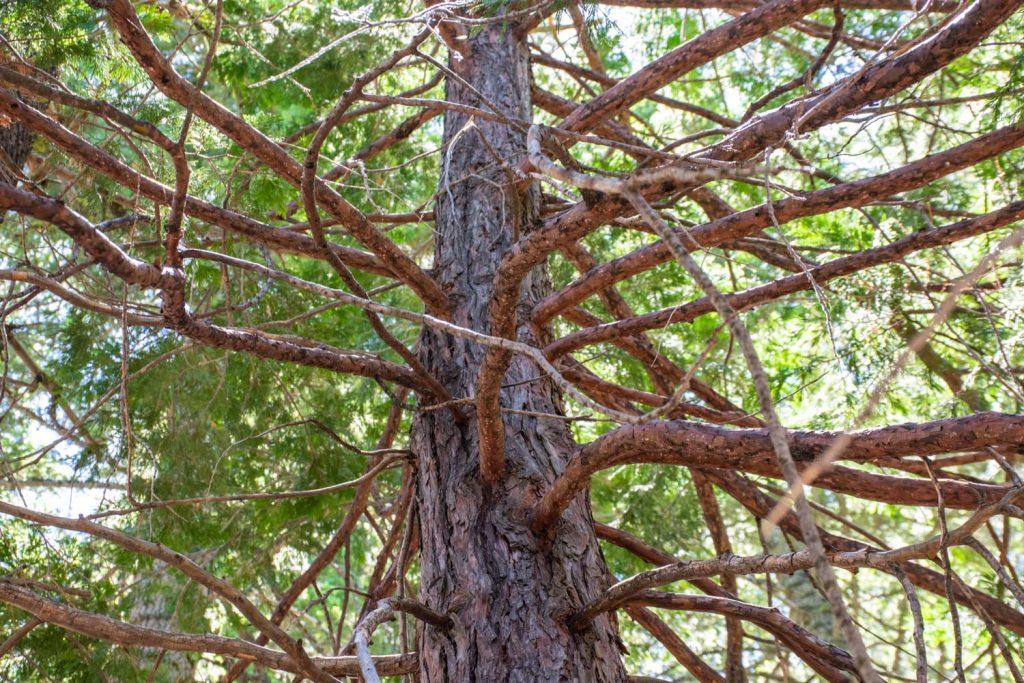
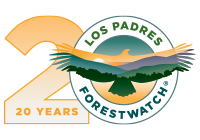





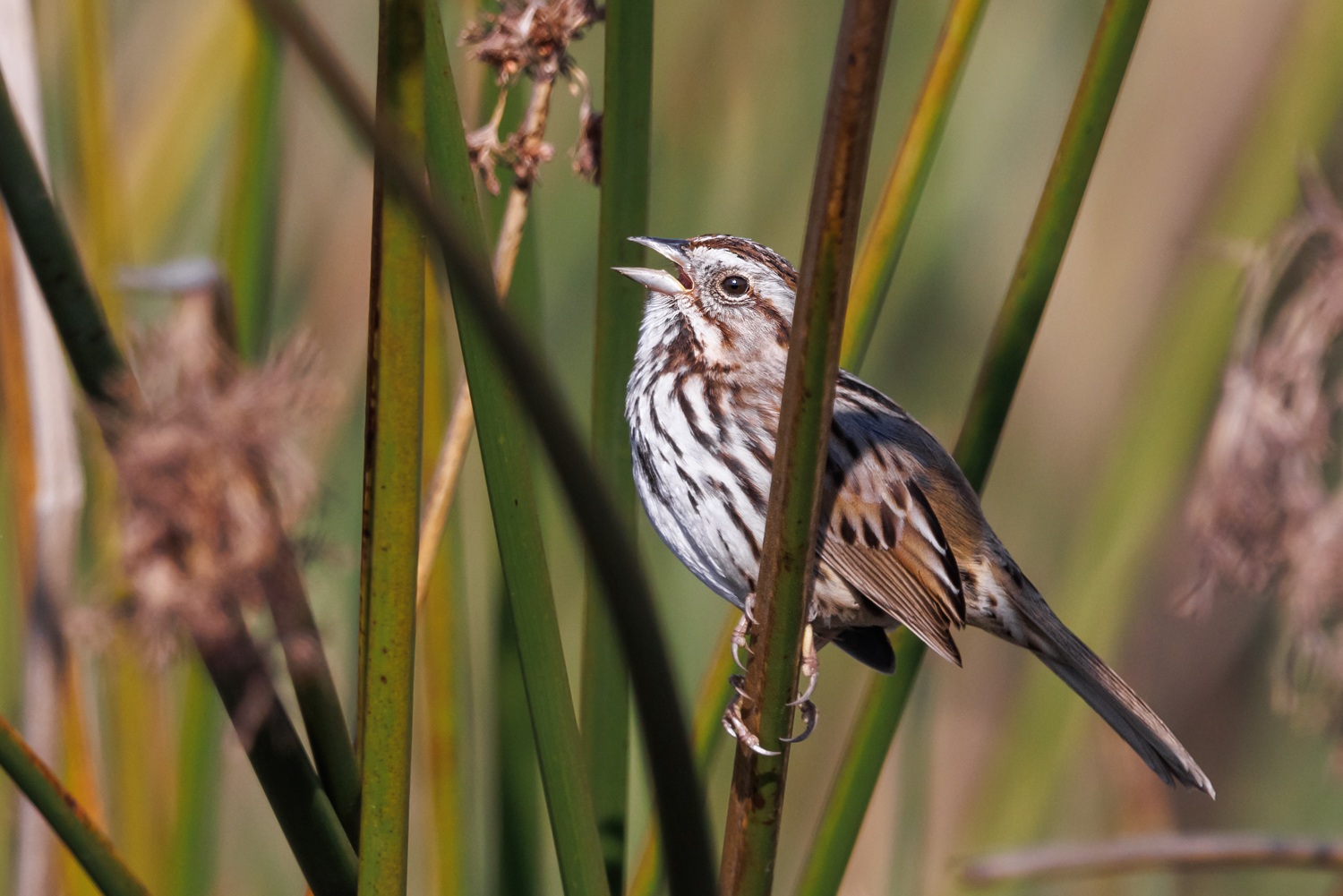
Comments are closed.